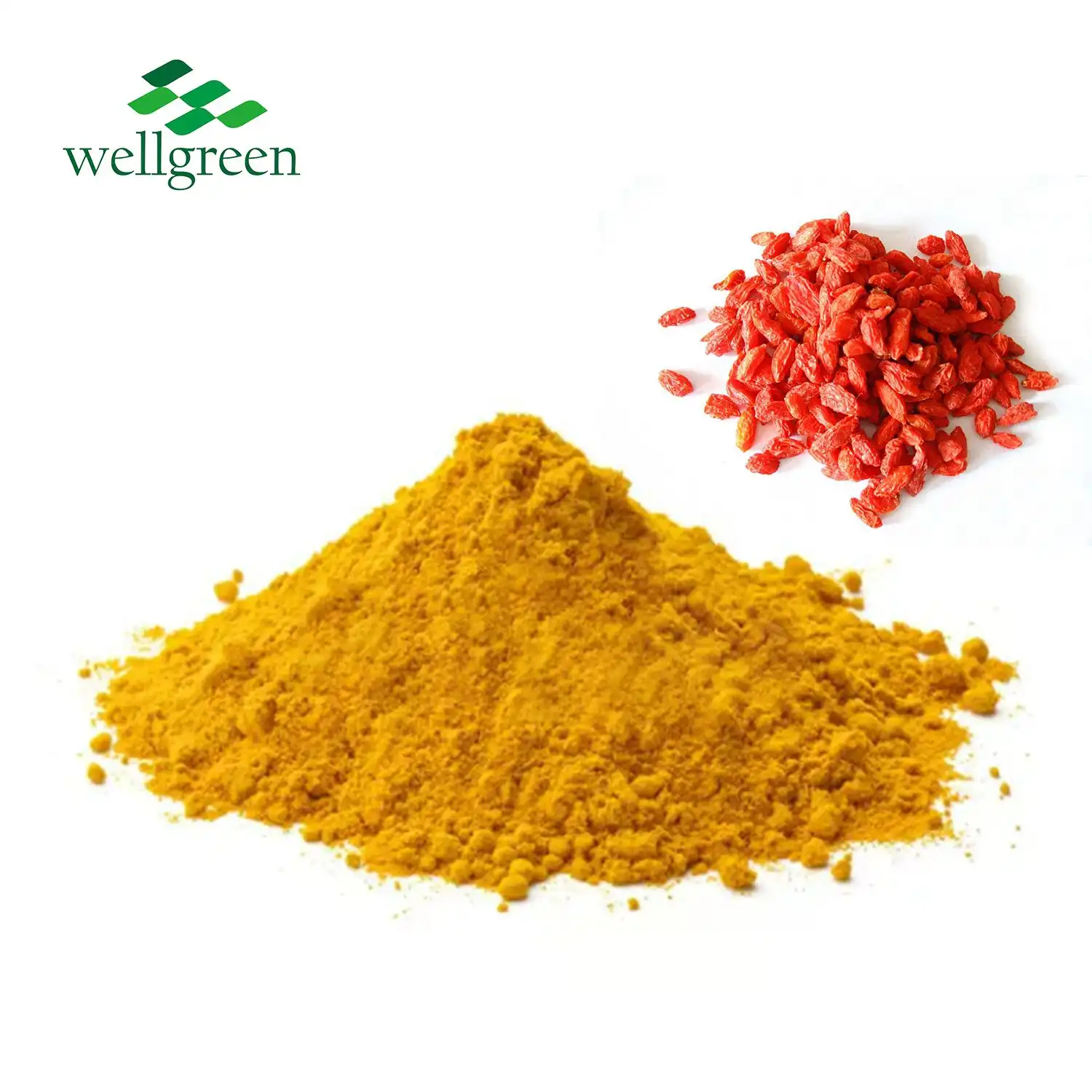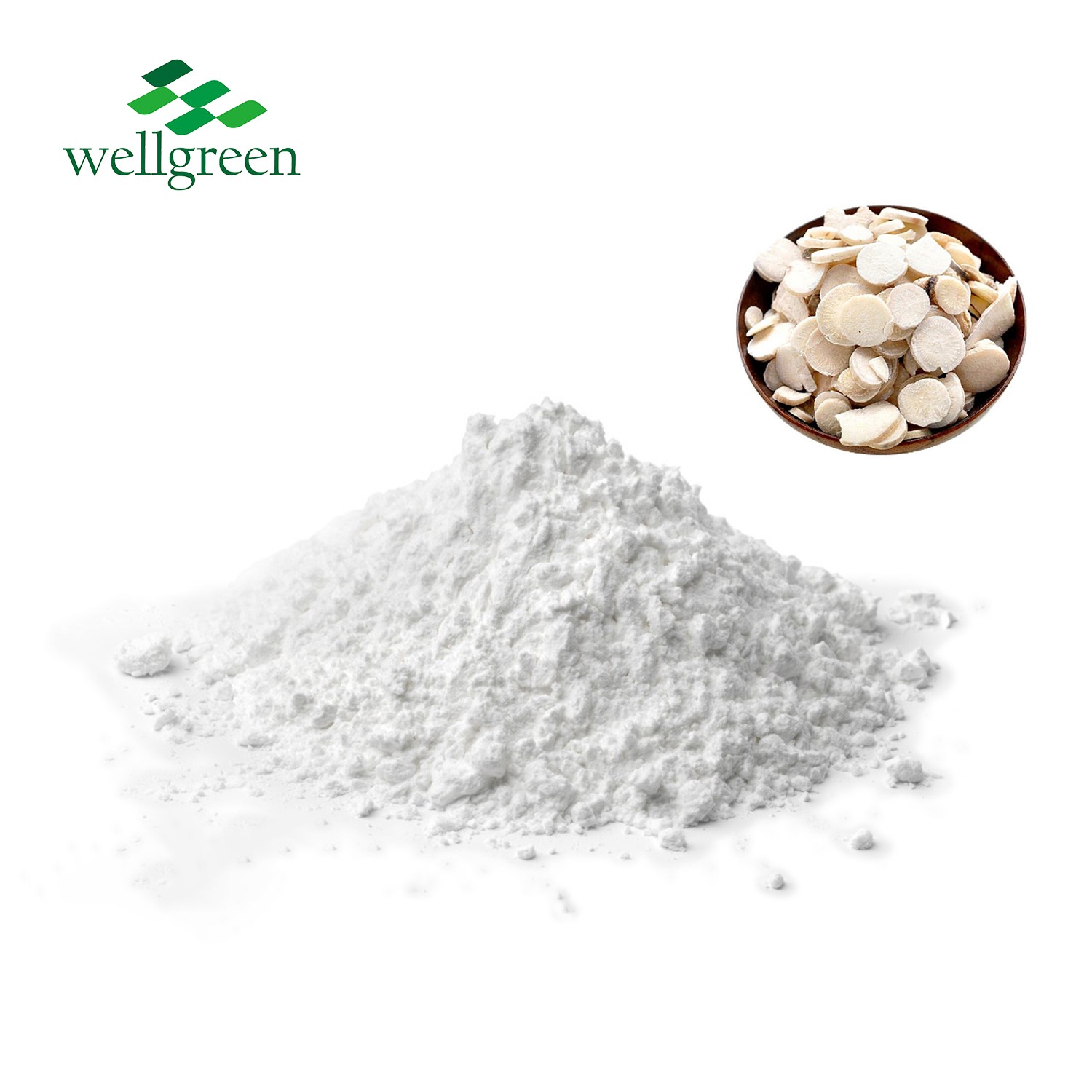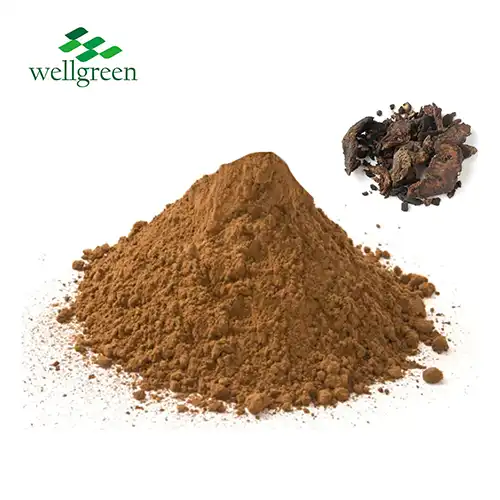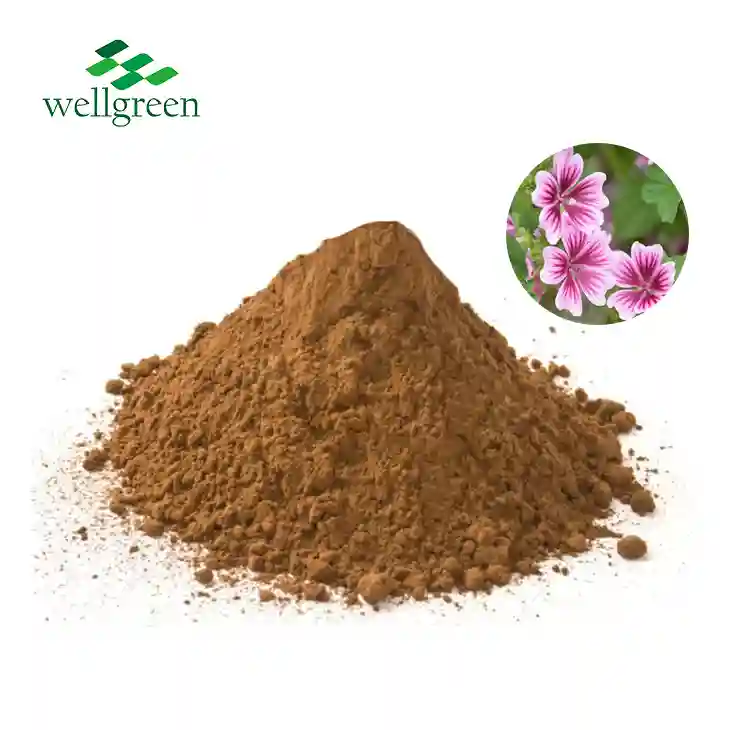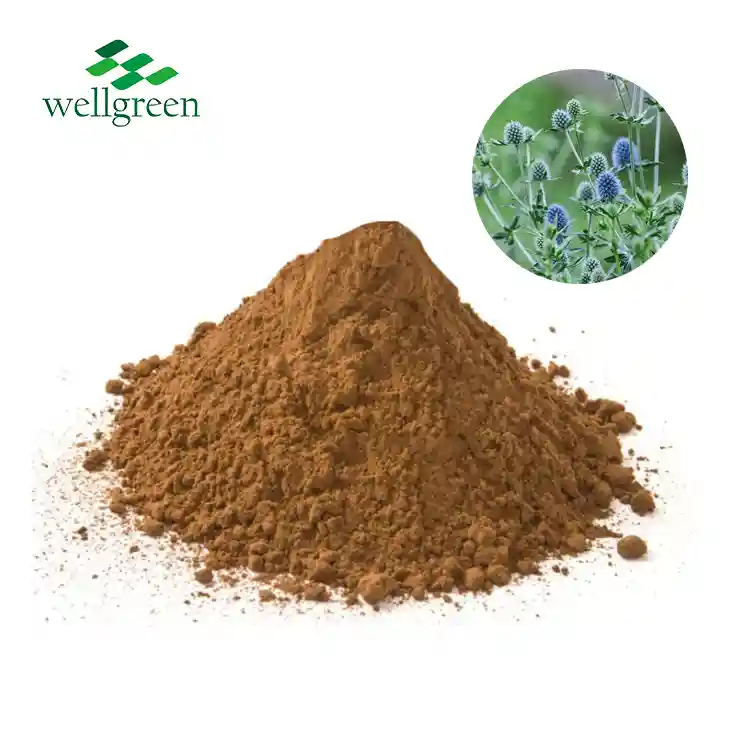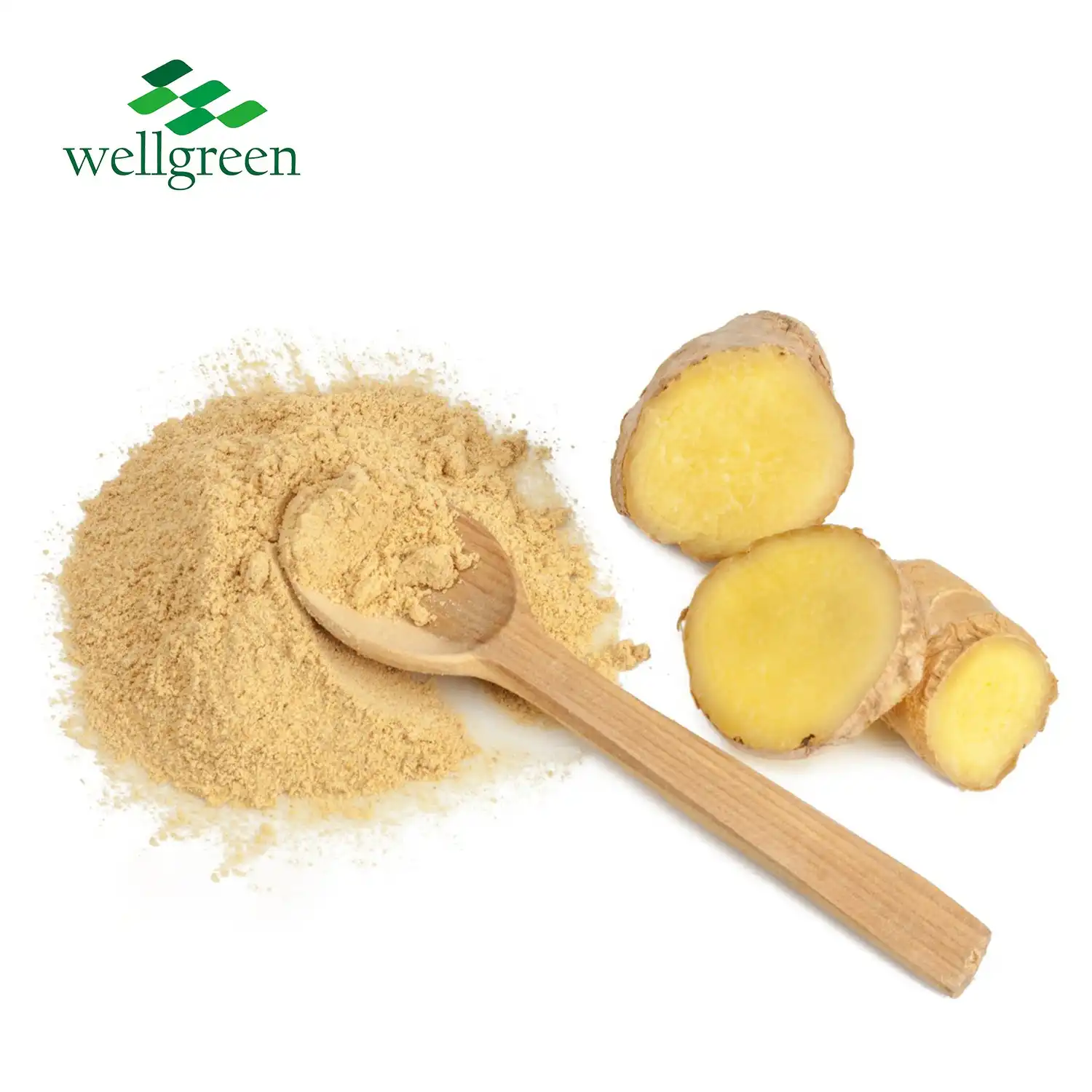How Organic Ginger Powder Fights Inflammation Naturally?
2025-07-24 13:31:30
Organic ginger powder is a potent natural remedy that effectively combats inflammation in the body. This powerful spice contains bioactive compounds, primarily gingerols and shogaols, which possess strong anti-inflammatory properties. These compounds work by inhibiting the production of pro-inflammatory molecules and reducing oxidative stress. Additionally, organic ginger powder modulates key inflammatory pathways, such as NF-κB and COX-2, leading to a decrease in overall inflammation. By incorporating organic ginger powder into your daily routine, you can harness its natural anti-inflammatory benefits to support overall health and well-being.

What Anti-Inflammatory Compounds Are Found in Ginger?
Gingerols: The Primary Anti-Inflammatory Agents
Gingerols are the most abundant bioactive compounds found in fresh ginger and organic ginger root powder. These phenolic substances are responsible for the characteristic pungent taste of ginger and play a crucial role in its anti-inflammatory properties. Research has shown that gingerols effectively inhibit the production of pro-inflammatory cytokines and reduce the expression of inflammatory genes. The potency of gingerols in fighting inflammation makes organic ginger powder a valuable natural remedy for various inflammatory conditions.
Shogaols: Heat-Transformed Anti-Inflammatory Compounds
When ginger is dried or exposed to heat during processing, some gingerols transform to form shogaols. These compounds are more pungent than gingerols and exhibit even stronger anti-inflammatory effects. Shogaols in organic ginger powder have been found to suppress the activation of inflammatory pathways and reduce the production of inflammatory mediators. Their presence in ginger powder contributes significantly to its overall anti-inflammatory potential.
Paradols and Zingerone: Additional Anti-Inflammatory Agents
Organic ginger powder also contains other noteworthy anti-inflammatory compounds, including paradols and zingerone. Paradols are formed through the hydrogenation of shogaols and possess potent anti-inflammatory properties. Zingerone, on the other hand, is a phenolic compound that contributes to ginger's characteristic aroma and flavor while also exhibiting anti-inflammatory effects. These compounds work synergistically with gingerols and shogaols to enhance the overall anti-inflammatory capacity of organic ginger powder.
Mechanisms of Action: Gingerol and Shogaol in Inflammation Reduction
Inhibition of Pro-Inflammatory Enzymes
Gingerol and shogaol, the primary bioactive compounds in organic ginger powder, exert their anti-inflammatory effects through multiple mechanisms. One key mechanism involves the inhibition of pro-inflammatory enzymes such as cyclooxygenase-2 (COX-2) and lipoxygenase (LOX). By suppressing these enzymes, gingerol and shogaol reduce the production of inflammatory mediators like prostaglandins and leukotrienes. This action helps alleviate inflammation and associated symptoms in various tissues and organs throughout the body.
Modulation of NF-κB Signaling Pathway
Another crucial mechanism by which organic ginger powder and organic ginger root powder fight inflammation is through the modulation of the nuclear factor kappa B (NF-κB) signaling pathway. NF-κB is a key transcription factor that regulates the expression of numerous inflammatory genes. Gingerol and shogaol have been shown to inhibit the activation and nuclear translocation of NF-κB, thereby suppressing the production of pro-inflammatory cytokines and chemokines. This action results in a significant reduction of inflammation at the cellular level.
Antioxidant Properties and Oxidative Stress Reduction
The anti-inflammatory effects of organic ginger powder are further enhanced by its potent antioxidant properties. Gingerol and shogaol act as powerful scavengers of free radicals and reactive oxygen species (ROS), which are known to contribute to oxidative stress and inflammation. By neutralizing these harmful molecules, organic ginger powder helps reduce oxidative damage to cells and tissues, thereby mitigating inflammation. The antioxidant activity of ginger compounds also supports the body's natural defense mechanisms against inflammation.

Clinical Studies on Organic Ginger and Inflammatory Markers
Ginger's Impact on C-Reactive Protein Levels
Numerous clinical studies have investigated the effects of organic ginger powder on inflammatory markers in the human body. One significant marker of inflammation is C-reactive protein (CRP), which is produced by the liver in response to inflammation. Research has shown that regular consumption of organic ginger powder can lead to a notable reduction in CRP levels. A randomized controlled trial involving patients with type 2 diabetes found that daily supplementation with ginger powder significantly decreased serum CRP concentrations compared to the placebo group. These findings suggest that organic ginger powder may help mitigate systemic inflammation.
Effects on Pro-Inflammatory Cytokines
Clinical studies have also examined the impact of organic ginger powder and organic ginger root powder on pro-inflammatory cytokines, such as tumor necrosis factor-alpha (TNF-α) and interleukin-6 (IL-6). These cytokines play crucial roles in the inflammatory response and are often elevated in chronic inflammatory conditions. A study conducted on overweight women demonstrated that daily consumption of ginger powder led to significant reductions in serum TNF-α and IL-6 levels. Another trial involving patients with osteoarthritis showed that ginger extract supplementation resulted in decreased levels of these pro-inflammatory cytokines, correlating with improved symptoms and reduced inflammation.
Ginger's Influence on Inflammatory Biomarkers in Specific Conditions
Research has also explored the effects of organic ginger powder on inflammatory biomarkers in specific health conditions. For instance, a clinical trial involving patients with rheumatoid arthritis found that ginger powder supplementation significantly reduced serum levels of inflammatory markers, including erythrocyte sedimentation rate (ESR) and C-reactive protein. Similarly, studies on individuals with metabolic syndrome have shown that regular consumption of ginger powder can lead to improvements in various inflammatory biomarkers, such as high-sensitivity CRP and malondialdehyde. These findings further support the potential of organic ginger powder as a natural anti-inflammatory agent in diverse health contexts.
Conclusion
Organic ginger powder emerges as a potent natural remedy for fighting inflammation. Its rich content of bioactive compounds, particularly gingerols and shogaols, works through multiple mechanisms to reduce inflammatory responses in the body. From inhibiting pro-inflammatory enzymes to modulating key signaling pathways, organic ginger powder offers a comprehensive approach to managing inflammation. Clinical studies have further validated its efficacy by demonstrating significant reductions in various inflammatory markers. By incorporating organic ginger powder into your diet, you can harness its natural anti-inflammatory properties to support overall health and well-being.
Contact Us
To learn more about our high-quality organic ginger powder and how it can benefit your health, please contact us at wgt@allwellcn.com. Our team of experts is ready to assist you with any questions and provide you with the best organic ginger products for your needs.
References
1. Mashhadi NS, et al. Anti-oxidative and anti-inflammatory effects of ginger in health and physical activity: review of current evidence. Int J Prev Med. 2013;4(Suppl 1):S36-S42.
2. Grzanna R, et al. Ginger—an herbal medicinal product with broad anti-inflammatory actions. J Med Food. 2005;8(2):125-132.
3. Wang S, et al. Biological properties of 6-gingerol: a brief review. Nat Prod Commun. 2014;9(7):1027-1030.
4. Arablou T, et al. The effect of ginger consumption on glycemic status, lipid profile, and some inflammatory markers in patients with type 2 diabetes mellitus. Int J Food Sci Nutr. 2014;65(4):515-520.
5. Mozaffari-Khosravi H, et al. The effect of ginger powder supplementation on insulin resistance and glycemic indices in patients with type 2 diabetes: a randomized, double-blind, placebo-controlled trial. Complement Ther Med. 2014;22(1):9-16.
6. Altman RD, Marcussen KC. Effects of a ginger extract on knee pain in patients with osteoarthritis. Arthritis Rheum. 2001;44(11):2531-2538.

